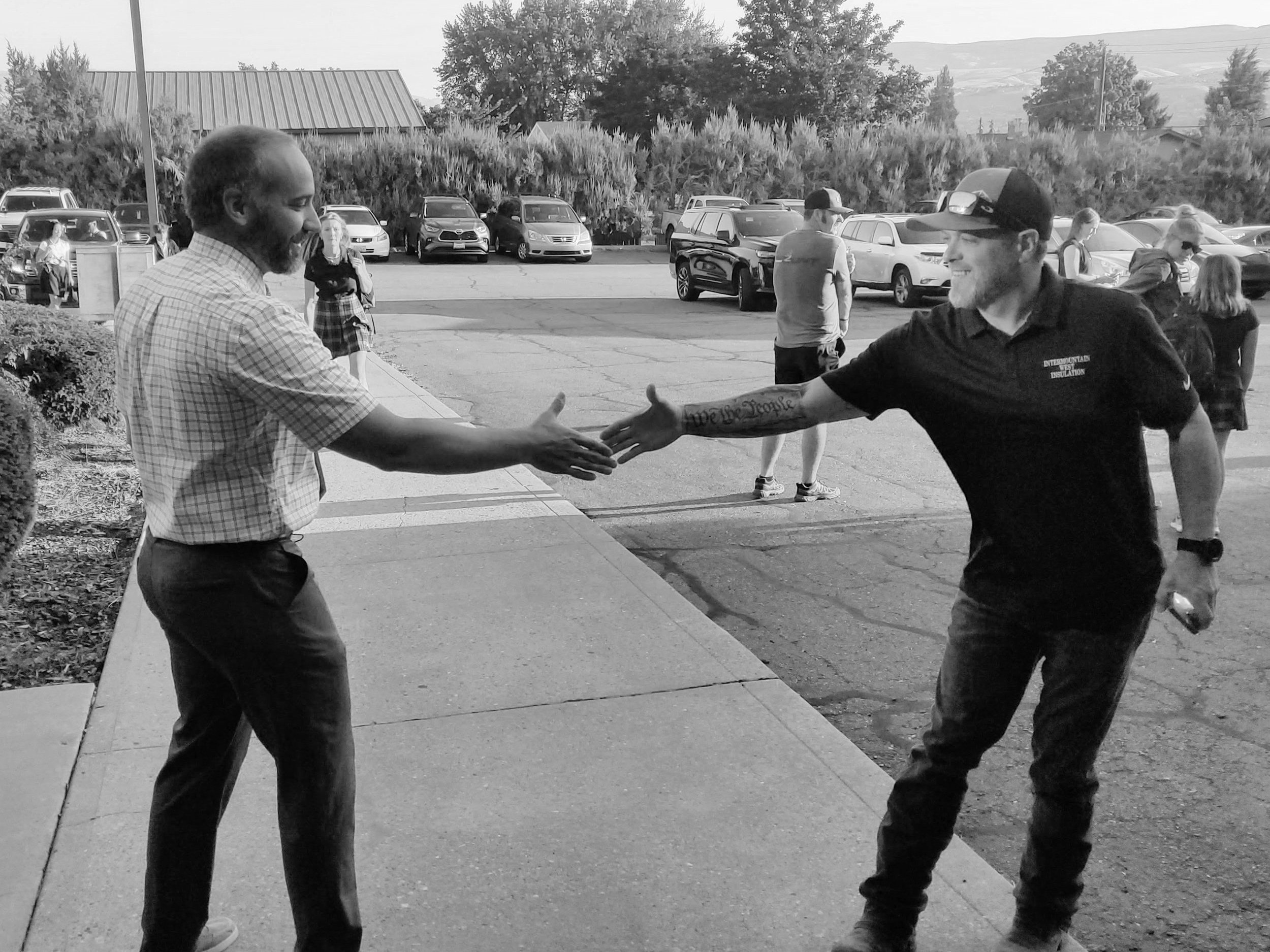Our community of families and staff members at The River Academy enjoy an especially sweet camaraderie. There is a sweetness to the greetings in the hallways at morning drop off and the communication between families and staff is grounded in the understanding that we all want the same thing: a rich education steeped in God’s word and a Christian worldview for every student. Misunderstandings do happen, of course, and conflict arises, but in almost every case, we will enjoy more clarity and less upset feelings when each party remembers the fundamental attribution error and filters their responses for it.
The fundamental attribution error is a bias toward ourselves that causes us to attribute others’ behaviors or mistakes directly to their character or personality. In other words, we may feel convinced that they will always behave in the same way because they are fundamentally flawed. However, when we make the exact same mistakes or behaviors it is simply because of outside influences. In other words, if an imaginary co-worker, Kevin, is consistently late to our meetings it’s because he chooses not to go to bed in a timely manner, or he doesn’t value my time, or doesn’t discipline himself to be punctual. But when I am late to a meeting, it is because of horrible traffic, or people stopping me in the hall, or other circumstances outside of my control. So Kevin’s tardiness is his own fault, but mine is definitely not my fault. We ALL do this.
This tendency to assume the best about myself, but the worst of others, causes most misunderstandings, offenses, and broken relationships. When we are able to assume the very best intent about each and every person we interact with, we will find we experience lovely community and shared affection for one another. But how can we overcome this oh-so-natural way of thinking? Here is a five step plan to relational connection and finding empathy even in the middle of conflict.
Remember our natural tendency to judge others harshly
And that we tend to see our own best intentions, even when we make a mistake or bother others.
Engage the bias filter question- “What circumstances would I have to experience which would cause me to take those same actions?”
Then, respond to the situation and the other person as if they did indeed experience those exact circumstances.
Finally, enjoy more positivity, empathy and stronger relationships
Going through this filter process simply helps me take a breath and adjust my attitude before I make a snarky remark that might be hurtful, “Late again, eh Kevin?” (Then I feel like a horrible human when he mentions that he was at the hospital visiting his mom since 5am this morning).
If I can assume that others are making reasonable decisions, I find I don’t take things so personally and don’t feel hurt or frustrated as often. It also makes it easier for me to trust and enjoy people; I feel better about humanity in general so I can face the world with more positivity and optimism. This action of pausing and choosing to think the best of someone else is a beautiful type of grace…it’s an essential part of building a healthy Christian community here at TRA. So the next time you are faced with a frustrating situation and feel yourself thinking that the other person is unreasonably dumb or incredibly selfish, just take a deep breath, and remember the fundamental attribution error, and apply your filter. Then you’ll be able to respond with the grace and kindness we all aspire to and which we really appreciate from everyone else.
-Tonya Griffith, TRA Principal





